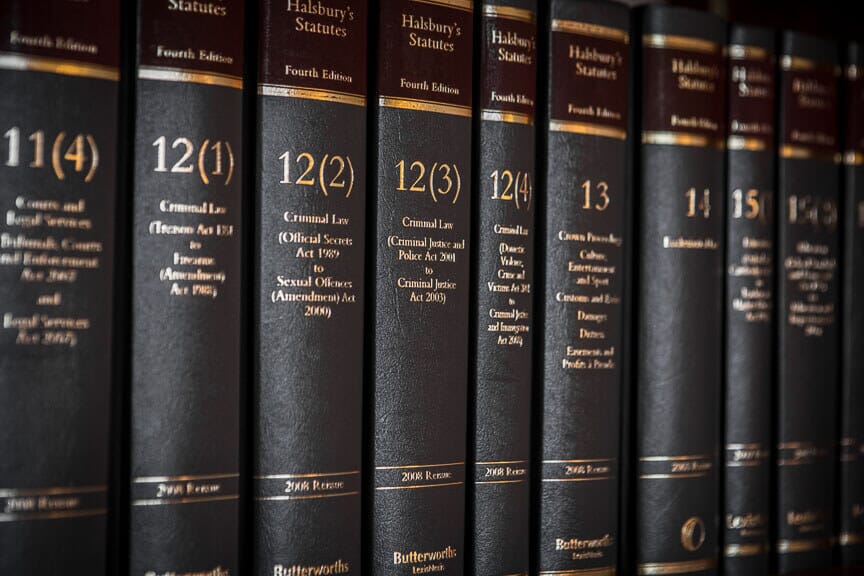
From 6 April 2017, an additional residence nil rate band (RNRB) will be introduced. An estate will benefit from the RNRB if a deceased’s interest in the family home is left to direct descendants such as children or grandchildren and some other individuals such as stepchildren or foster children as well as the spouses or civil partners of any of these (”qualifying beneficiaries”). The RNRB can be claimed if all of the following apply:
You die on or after 6 April 2017.
You leave an estate valued at less than an upper limit, which is initially £2 million but is set to rise with inflation from 6 April 2021. The RNRB is tapered down for estates worth more than this.
You leave your home to qualifying beneficiaries. (Some trusts for these beneficiaries will also qualify).
Where these conditions are met, RNRB will generally serve to reduce the amount of IHT that is charged by enabling assets worth an additional £100,000 to £350,000 to pass to your family without incurring any IHT.
If you die before 6 April 2017, or you leave your home to your spouse or civil partner rather than qualifying beneficiaries, the RNRB may still be available, as a surviving spouse or civil partner may be able to carry forward RNRB (together with any unused nil rate band) for use when they die.
However, the terms of a will may affect the ability to claim the RNRB. It is therefore important to either review your will or to make one in order to ensure that the RNRB is not wasted.
Even if your estate exceeds £2 million it is sensible to review your will and associated estate planning to see if it’s possible to re-arrange your affairs so that the RNRB may be claimed.
Talk it over
with an expert
with one of our friendly and professional team